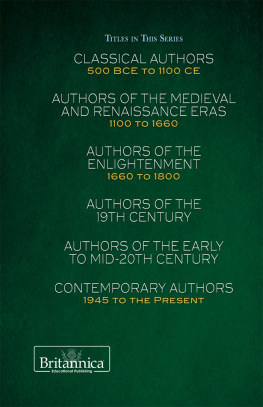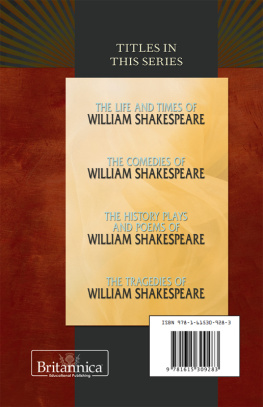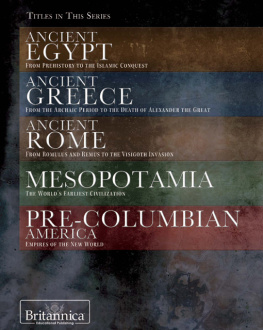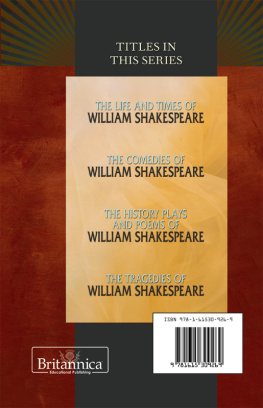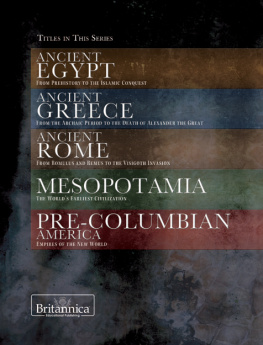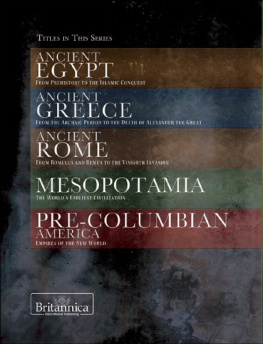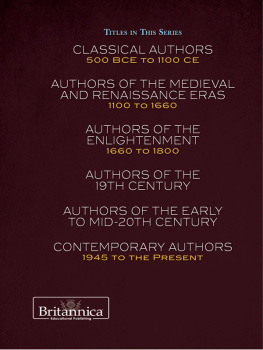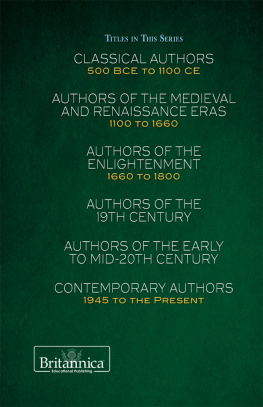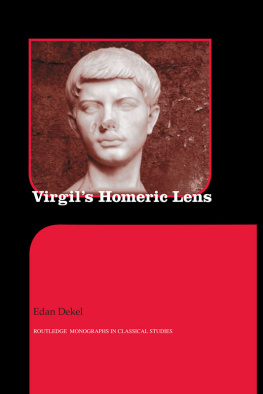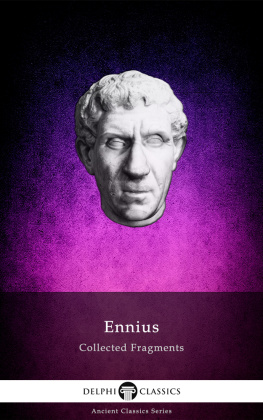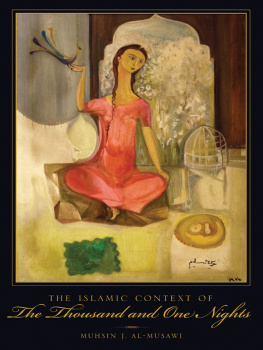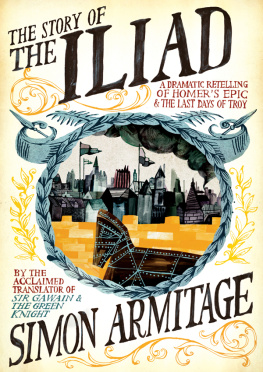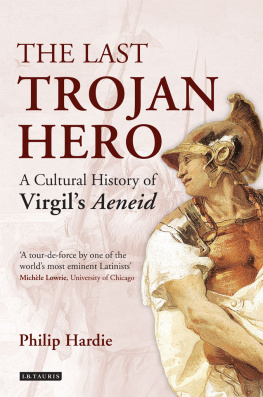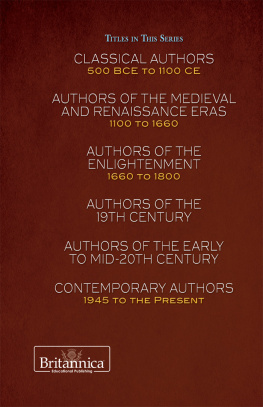

Published in 2014 by Britannica Educational Publishing
(a trademark of Encyclopdia Britannica, Inc.)
in association with Rosen Educational Services, LLC
29 East 21st Street, New York, NY 10010.
Copyright 2014 Encyclopdia Britannica, Inc. Britannica, Encyclopdia Britannica, and the Thistle logo are registered trademarks of Encyclopdia Britannica, Inc. All rights reserved.
Rosen Educational Services materials copyright 2014 Rosen Educational Services, LLC.
All rights reserved.
Distributed exclusively by Rosen Educational Services.
For a listing of additional Britannica Educational Publishing titles, call toll free (800) 237-9932.
First Edition
Britannica Educational Publishing
J.E. Luebering: Director, Core Reference Group
Adam Augustyn: Assistant Manager, Core Reference Group
Marilyn L. Barton: Senior Coordinator, Production Control
Steven Bosco: Director, Editorial Technologies
Lisa S. Braucher: Senior Producer and Data Editor
Yvette Charboneau: Senior Copy Editor
Kathy Nakamura: Manager, Media Acquisition
Kathleen Kuiper, Senior Editor, Arts and Culture
Rosen Educational Services
Jeanne Nagle: Senior Editor
Nelson S: Art Director
Cindy Reiman: Photography Manager
Karen Huang: Photo Researcher
Brian Garvey: Designer
Introduction by Joseph Kampff
Library of Congress Cataloging-in-Publication Data
Classical Authors, 500 BCE to 1100 CE/edited by Kathleen KuiperFirst edition
pages cm.(The Britannica guide to authors)
In association with Britannica Educational Publishing, Rosen Educational Services.
Includes bibliographical references and index.
ISBN 978-1-62275-004-7 (eBook)
1. AuthorshipHistory. 2. Creation (Literary, artistic, etc.)History. I. Kuiper, Kathleen.
879d23
Manufactured in the United States of America
On the cover, p. iii: Bust of the Greek historian Herodotus, who brought a storytellers flair to his recounting of Greek-Persian wars in his multi-volume History. DEA/G. Nimatallah/De Agostini/Getty Images
CONTENTS
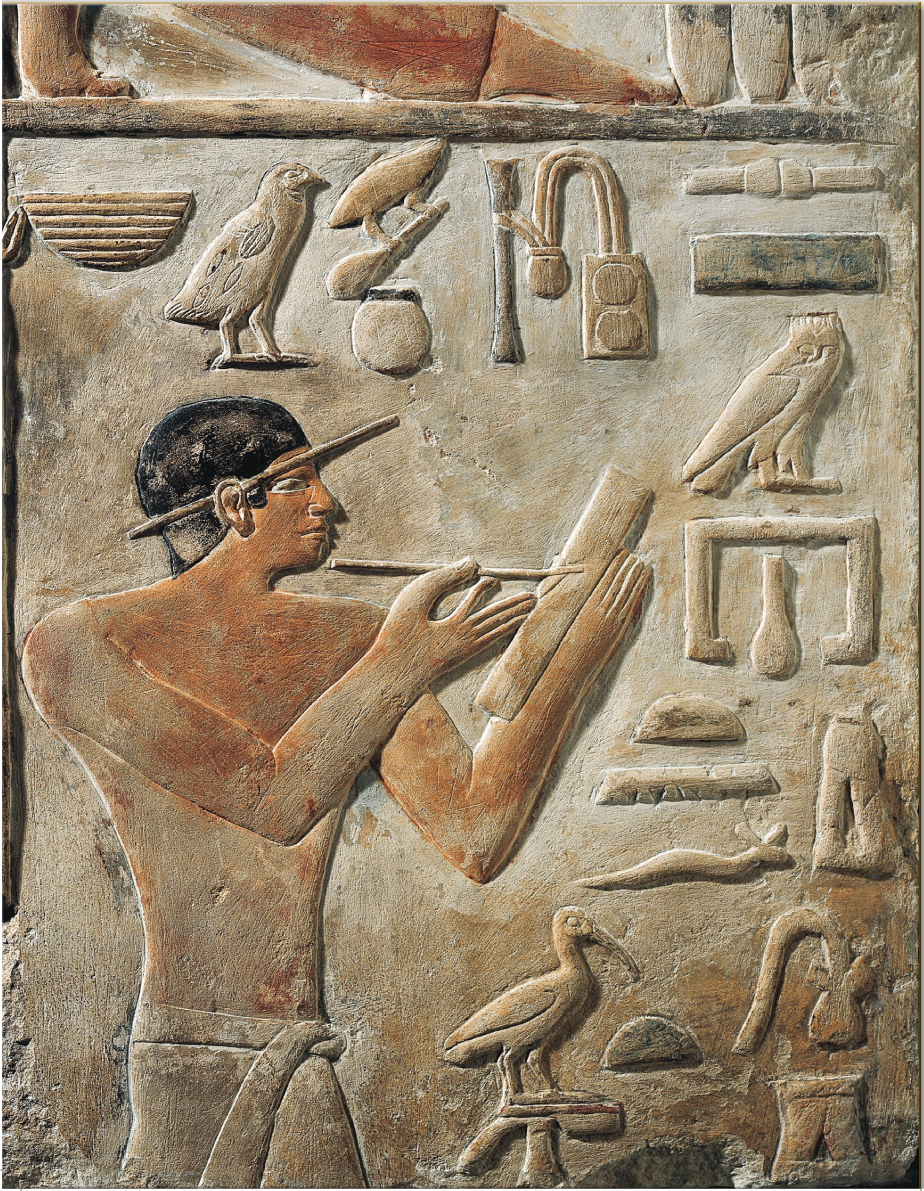
Stone carving found in the tomb of Mery, chief scribe of Saqqara royal archives, in Egypt. DEA/G. Dagli Orti/De Agostini Picture Library/Getty Images
D o authors matter? This is perhaps the first question readers of this book, the first volume of the Britannica Guide to Authors series, may wish to ask themselves. Yet, because the answer seems self-evident, casual readers may never get around to formulating this question. Typically one thinks glancingly (if at all) that there is a person behind the telling of a story and then gets on with the business of reading. Nevertheless, the question of an authors significance is not only interesting, but meaningful. What conclusions are drawn can profoundly affect the way in which texts are read and the significance readers are able to derive from those texts.
To fully understand the significance of authorship, one may start by defining the term itself. Encyclopdia Britannica defines an author as one who is the source of some form of intellectual or creative work; especially, one who composes a book, article, poem, play, or other literary work intended for publication. Britannica adds that the word author is derived from the Latin auctor, which means authorizer, responsible agent, originator, or maker. Thus authors may be seen as authorities of sorts; as the creators of literary works they in some way authorize a works meaning and can be held accountable for its effects.
This connotation of the word author may be usefully compared with that of the word writer. Descending from the Old English wrtanwhich means to scratch, draw, or inscribethe word writer does not have the metaphysical heft of author. Common sense seems to bear out this distinction. While readers often find it quite important to know who authored the novel or poem they are about to read or the play they intend to see, most people are unlikely to concern themselves with who wrote the instruction manual that came with a new cell phone.
In an academic setting, students often find it challenging to read works that were written in another era. Not only are the culture and manners alien, but sometimes it is especially difficult to become comfortable with an authors style. Students often assume that knowledge of the authors life and historical context will help make sense of his or her work. Indeed, this approach to reading probably strikes most people as perfectly natural, sensible, and practical. The mining of the authors biography for inferences about a works meaning in fact became the standard method of interpretation practiced by literary critics of the 19th and early 20th centuries. In the latter half of the 20th century, however, several prominent literary theorists called this author-based method of interpretation into question; the debate about the significance of authorship in literary interpretation continues today. The arguments against authorship that were advanced by the mid 20th-century New Criticswho asserted that meaning was to be determined strictly by examination of the work itself and not by biography-based suppositionsand by later literary theorists as well are compelling, but they have not, for all their influence, entirely erased the authors. Generally speaking, most thinking people agree that while it is a bad idea to read an authors biography with a strict view to psychological interpretation of that authors work, it sometimes helps a reader to understand the context of the storytellinghow this particular author came to tell this particular story at this particular time.
In fact, authors continue to matter precisely because they provide the basis of the conversation the reader engages in. Reading is a participatory activity. No novel, play, poem, or other literary work exists in a vacuum. An author provides a vision of the world; a reader responds to that vision through a personal filter made from experience and contemplation. The authors personal story and particular circumstances in a sense hold open the door. A sound understanding of a texts provenance will considerably enrich the meanings readers are able to construct. By the same token, a knowledge of the authors own story may deter a reader from examining that individuals perspective. Is the authors experience similar to ones own? Does her style strike a deeper chord? In presenting a wealth of accurate, in-depth biographical, contextual, bibliographical, and critical information on authors of the Classical period, the Britannica Guide to Authors: 500 BCE to 1100 CE provides an invaluable tool for those who wish to read with authority.
Perhaps surprisingly, the first author the reader encounters in this book may not be a single author, or even an author at all in the traditional sense of that word. Yet the works attributed to Homer are some of the most influential in Western literature. It would be difficult to overstate the importance of Homers Iliad and Odyssey. These epic poems formed an essential component of ancient Greek and Latin educationand, as such, their influence can be detected throughout works of the Classical period, such as in Virgils

